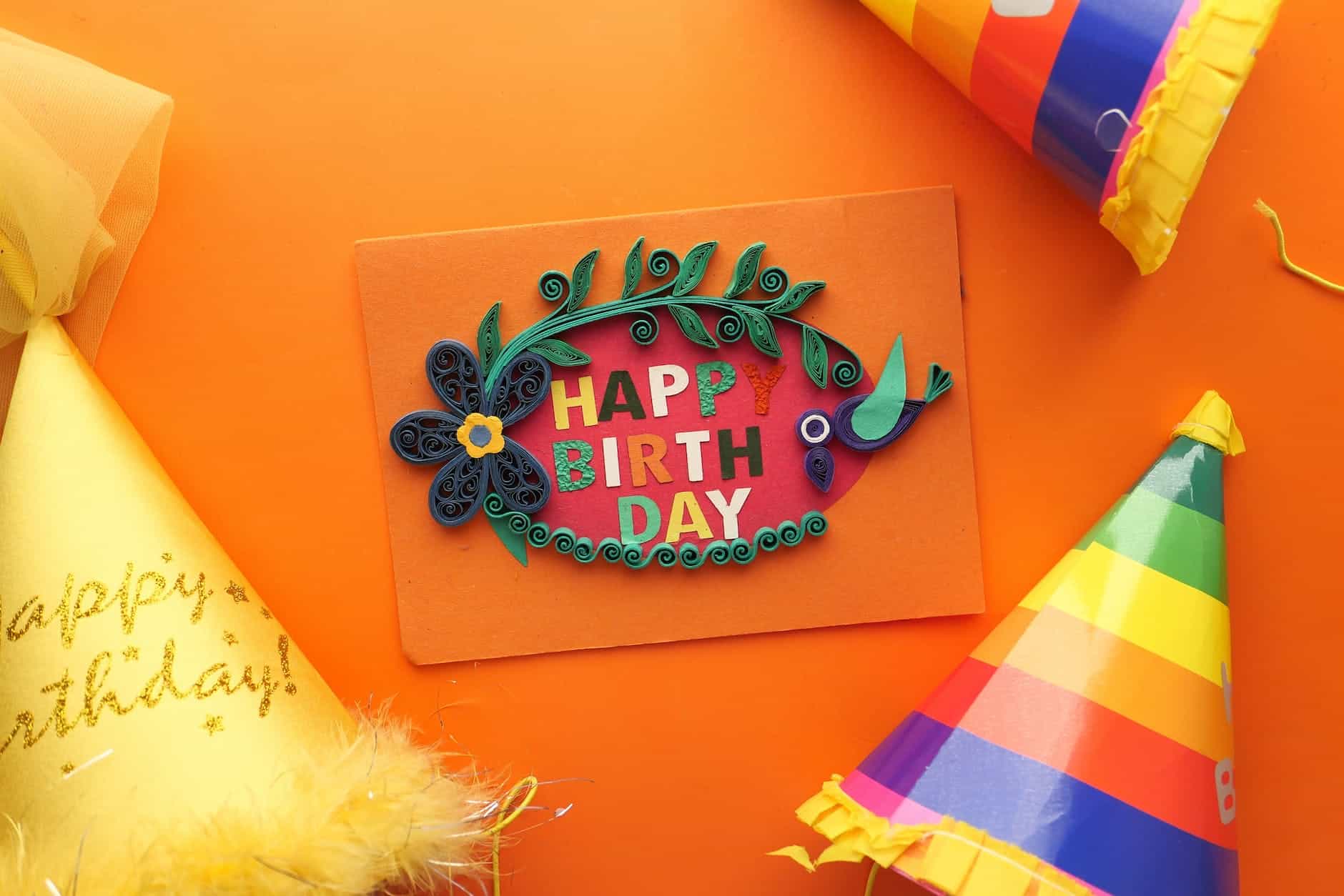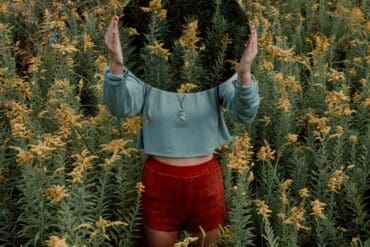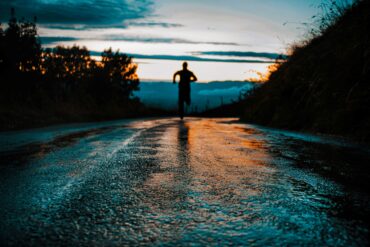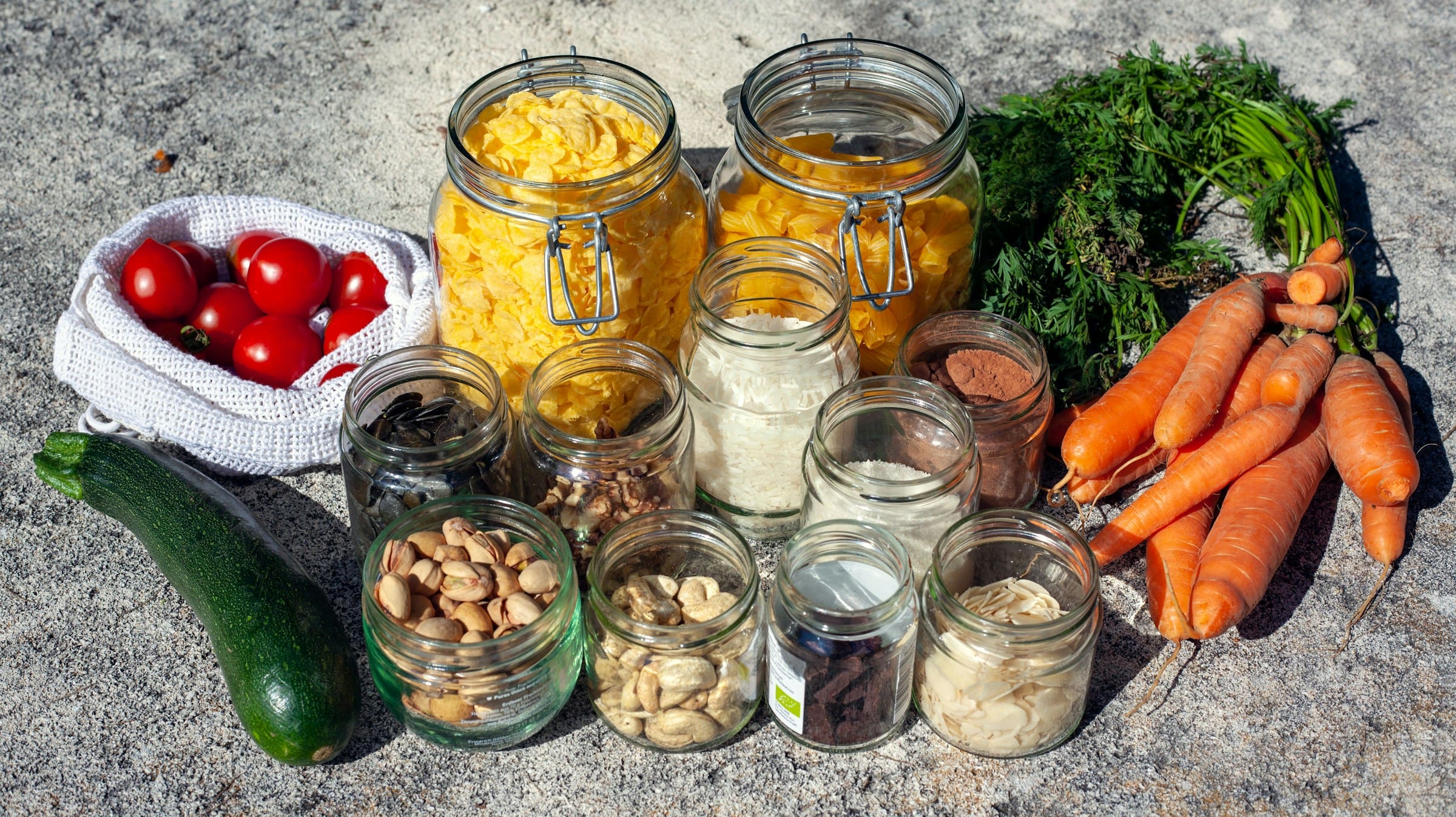The Unbearable Heaviness Of Being Zero Waste
Author’s Memo
What began as my graduate research project to understand environmentally conscious behavior and public attitudes about global warming became a continuous inquiry into the ethics of climate action and the values underlying our responses to climate change.
In trying to find a meaningful job centered on sustainability and zero waste, I spent many months in 2021 attending conferences, making connections, and scrolling through job postings. The action-centered world around me demanded that I express my desire for a smaller ecological footprint by increasing my impact outside the home. Doing so would’ve had the side-effect of outsourcing the daily labour that sustained me (and my family) or taking time away from the activities that enabled my relatively simple (yet urban) lifestyle. The contradictions that some of these events and interactions brought into relief left me with unease and discontent about the solutions being proffered. Zero-waste living needs, more than anything else, time: time to cook, time to list used toys and clothes for resale, time to visit the soap refillery to restock your cleaning products instead of choosing cheaper, single-use alternatives at big-box stores, and an unhurried routine so you can remember to carry your own takeout containers. I came to realize how the everyday offered many opportunities to live lightly by choosing what I do, how I do it, and what I don’t do. When it comes to environmental impact, it is the things we don’t do (e.g., not ordering online, not consuming so frequently, not flying) or the things we do slowly and inefficiently (e.g., walking to a destination instead of driving there, scouring vintage stores for a sweater that fits instead of buying the right size and color with a single-click) that tend to be more impactful.
‘What began as my graduate research project to understand environmentally conscious behavior and public attitudes about global warming became a continuous inquiry into the ethics of climate action and the values underlying our responses to climate change.
Growing up in India, zero waste used to be part of the ethos: I didn’t need to obsess over aluminium foil’s recyclability or where to deposit thin-film plastics because I didn’t use any. The vegetable vendor scooped produce items in a stainless-steel bowl, weighed and tossed them into our cloth bags—and no one cared if the potatoes touched the beans. It is disconcerting to witness the decline of a reuse culture and the ubiquity of packaging waste in urban India. This feeling is amplified when I notice the massive campaigning and legislative efforts required in Canada (where I now live) to bring about as small a habit change as choosing reusable beverage containers or paying extra for the convenience of single-use cups. I worry that India will take the same long and difficult journey as North America to change attitudes and behaviors instead of collectively and willingly enacting a simpler, more direct route to sustainable living.
The poems in this collection are a reflection on my zero waste aspirations (and the values behind the movement at large). The straightforward solution to my angst turned out to be the epiphany that I didn’t need a job title that reflected my priorities—I merely had to reframe how I construed my day-to-day choices. What life-cycle analyses (e.g., paper vs. plastic bags, cloth-diapering vs. disposable diapers) and debates fail to capture is the intuitiveness of choosing no-waste over single-use options. It took decades of marketing to change default decisions from our well-honed instincts for preserving value, reusing materials, and elongating the life of any item in our possession to prefer convenience. Educating people to adopt zero-waste lifestyles often involves less teaching about what’s recyclable versus not and more un-learning about why a certain category of waste is generated in the first place and whether we can do without it. I hope these poems offer solidarity to those in the simple living community who keep up the good fight, celebrate the small wins, mourn the setbacks, and continue doing their part for a just, livable world.
‘The poems in this collection are a reflection on my zero waste aspirations (and the values behind the movement at large).
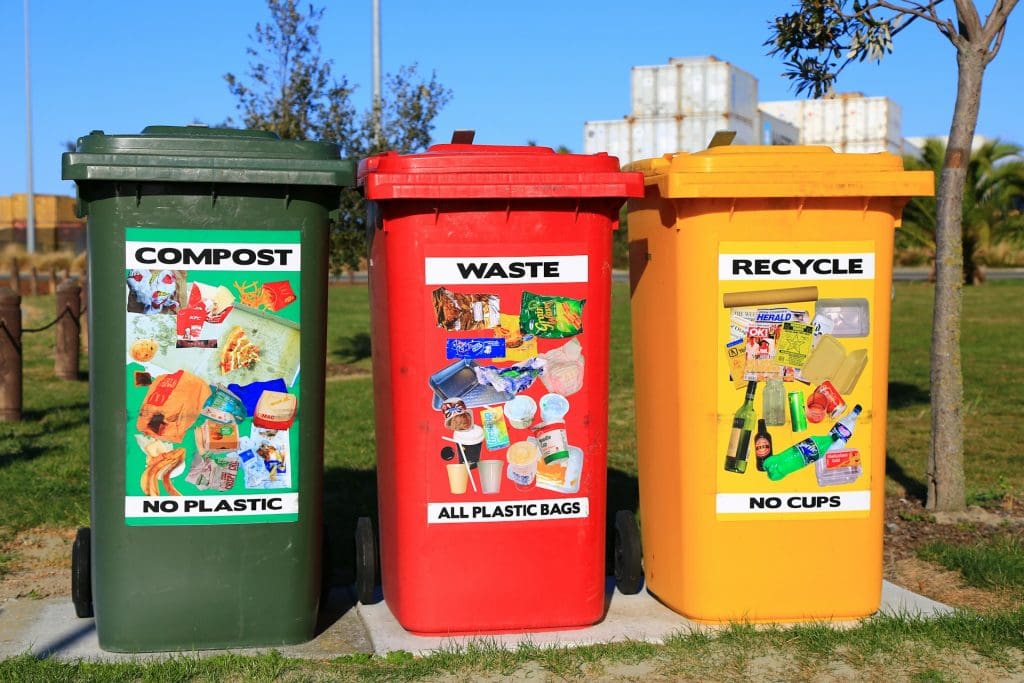
intergenerational equity
My preschooler,
who is learning to use scissors,
folds and cuts and snips
the pages of a magazine,
and I let him,
though shredded paper
may not be recyclable,
though I was never allowed
to disrespect Saraswati so.
His ecological footprint at three
is larger than my grandmother’s
lifetime consumption.
First world exceptionalism
owes no small part
to first world excessivism:
the entitlement and access
to a larger share
of the world’s resources.
On the other side of the globe,
and the phone,
my mother,
who used to live without electricity,
who now needs an air-conditioner,
asks me: “what do I do
with this precious-seeming foil
that the delivery person
brought your brother’s ice-cream in?”
She saves it as she has,
for as long as I can remember,
all the plastic bags
from our Diwali shopping:
under the mattress on our bed frame.
She adds it to her memory index
so she can magically retrieve it
the next time one of us needs
some precious aluminium foil.
amazon-free (no, not the rainforest)
I cancelled my Prime benefits—
it seemed like the easiest way
to stop the glut
of frustration-filled packaging
entering our home.
But today, I felt defeated
because… gulp,
I ordered two things
on Amazon.
There were no
independent bookstores
offering delivery
in my hometown:
my only gifting options
were to ship something
across the ocean
or succumb to the overreach
of Amazon.
Our city just recorded
the coldest temperatures
in fifty years.
Our car refused to turn on:
it was not winter-ready.
We’ve been self-isolating
after testing positive.
We needed snow mittens:
we were not winter-ready.
Excuses. Excuses.
There are no awards
for being anti-capitalist
in the 21st century—
there are no rewards
for all the harm you didn’t do,
for all the stuff you didn’t buy,
for all the things you didn’t need,
except your conscience.
zero waste chronicles
~a tribute to Rob Greenfield and Vanessa Andreotti
i. refuse
“May I have my drink in a for-here cup?” I request the barista at the coffee shop. He looks puzzled. I repeat, assuming it’s my accent. He nods and proceeds to make my chai in a paper cup. A co-worker apologizes and asks courteously, “Shall I transfer that to a mug for you?”
ii. reduce
I print that famous poster for the plastic cutlery dispenser in our office breakroom, the one that reminds you: “The effort necessary to extract oil from the ground, ship it to a refinery, turn it into plastic, blah, blah, blah, is considered less effort than washing your spoon.” It is jarring and ineffective, this don’t-use-me message pasted on a convenience machine.
iii. reuse
I drive to the fancy part of town and meet a lady in a high-rise apartment. She takes me down to her storage locker and looks at me disdainfully as I try on her daughter’s winter boots. I apologize for being a few minutes late and pay her the Craigslist listing price. I want to tell her that I can afford new shoes, even her luxury apartment, but I prefer preloved.
iv. recycle
I painstakingly collect all the soft plastics that enter my apartment and take them to the recycling depot so they can be reborn as pallets and park benches. “Sorry, we no longer accept these here,” the person at the counter tells me, after taking my batteries, textiles, and paint canisters, “Feel free to drop them into the garbage bin by that corner.”
v. rot
I cook twice a day: vegetarian meals for a family of three. It takes me an hour to find a food waste bin that is large enough to not need emptying daily. Two months later, I learn that compostable plastics don’t belong in the green bin, and leak-resistant paper liners cost four times more.
vi. rethink
“Made from 100% post-consumer recycled paper,” the packaging boasts, forgetting to mention that recycled paper has only seven lifetimes. “Two million tonnes diverted from landfill”, the news headlines declare, neglecting to note that burning waste for energy isn’t reducing consumption.
vii. resist
“If everyone does a little, we’ll achieve only a little,” MacKay quips on my e-reader. It is about impact, others say, not individual action: sign a divestment petition, join a civil disobedience rebellion, vote for bold climate action, demand community choice aggregation. It is exhausting, working beyond institutions, thinking in systems and thresholds, not people and households.
viii. recover
I stop celebrating space voyagers and start appreciating homesteaders. I return to my land and listen to the voices that keep speaking—unlike everything else I use, wisdom isn’t a 21st century invention. I stop consuming things, including relationships, experiences, and ideas: I deepen them instead. I learn to live. I learn to be.
life-cycle analysis
Ten burp cloths
turned into rags
to wipe surfaces
and clean up spills,
washed weekly and reused,
versus
a thousand paper towels,
each one used once
and tossed into trash
(or compost
for some redemption).
A rag
has a late-life crisis,
carrying with it
its entire history,
vestiges of stains and scents,
emotional baggage
from every past encounter
with filth.
A paper towel
embodies purpose
and finality.
Going zero waste
can be unaesthetic:
like spice jars
that are an assortment
of shapes and sizes,
and inconvenient:
like getting up for a sweater
when it’s easier
to turn up the thermostat—
but that’s the price you pay
to unlearn what is disposable.
a hundred and one ways to burn carbon
here and now,
we
blow-dry and flat-iron,
machine-wash and tumble-dry,
drive and fly,
refrigerate and microwave,
vacuum and fumigate,
mine and manufacture,
recycle and refurbish,
construct and demolish,
tweet and twitch,
Netflix and chill—
all powered by electricity:
30% renewable, 10% nuclear,
60% from fossil fuels.
there and then,
they
part and plait,
hand-wash and line-dry,
walk and row,
pickle and preserve,
sweep and mop,
sew and weave,
sow and sickle,
build and buttress,
converse and play,
sing and dance—
all powered by humans:
a few bowls of porridge,
some pulses, some fruit.
voluntary simplicity
is not regression:
merely a suspension
of the perpetual motion machine
that seeks endlessly,
and fails spectacularly,
to simplify.
when your zero waste tendencies go too far and start drawing blood
When I finished making my smoothie, I pincer-grasped a piece of fruit that was stuck behind the blade and shrieked in pain as the sharp edge cut my right thumb.
Corporate sustainability reports read quite like my right thumb feeling relieved that the cut wasn’t too deep and recording how much blood loss was avoided, while forgetting to mention that the left hand was the one responsible for the injury.
How enticing—that last bit of fruit on the blender, that last reserve of oil under the ocean, that last mile of profit from the marketing campaign—how blind.
Credits
Featured Image by Jas Min for Unsplash
Red, yellow, and green bins by Nareeta Martin for Unsplash
Learn More
New to autoethnography? Visit What Is Autoethnography? How Can I Learn More? to learn about autoethnographic writing and expressive arts. Interested in contributing? Then, view our editorial board’s What Do Editors Look for When Reviewing Evocative Autoethnographic Work?. Accordingly, check out our Submissions page. View Our Team in order to learn about our editorial board. Please see our Work with Us page to learn about volunteering at The AutoEthnographer. Visit Scholarships to learn about our annual student scholarship competition.
Abhirami is a computer engineer turned climate change educator. Her writing has been published in the Ribbons Journal (Tanka Society of America), Tiger Moth Review, and the other side of hope. Her poem "banana blossoms" was longlisted for the 2023 CBC Poetry Prize.


